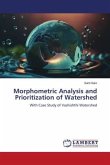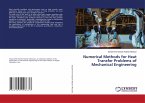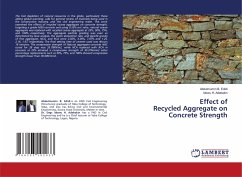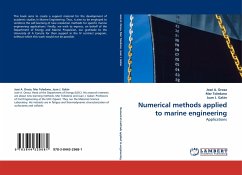The objective of this book is to provide students with fundamental knowledge of finite element analysis and how to apply this knowledge to the solution of civil engineering problems at intermediate and advanced levels. At the end of this unit, students should acquire knowledge of methods of formulating finite element equations, basic element types, the use of finite element methods for solving problems in structural, geotechnical and continuum analysis and the use of finite element software packages. The syllabus comprises introduction to finite element theory, analysis of bars, beams and columns, and assemblages of these structural elements; analysis of elastic continua; problems of plane strain, plane stress and axial symmetry; use, testing and validation of finite element software packages; and extensions to apply this knowledge to problems encountered in engineering practice. On completion of this unit, students will have gained the following knowledge and skills: Knowledge of methods of formulating finite element equations. This will provide students with an insight into the principles at the basis of the FE elements available in commercial FE software.








